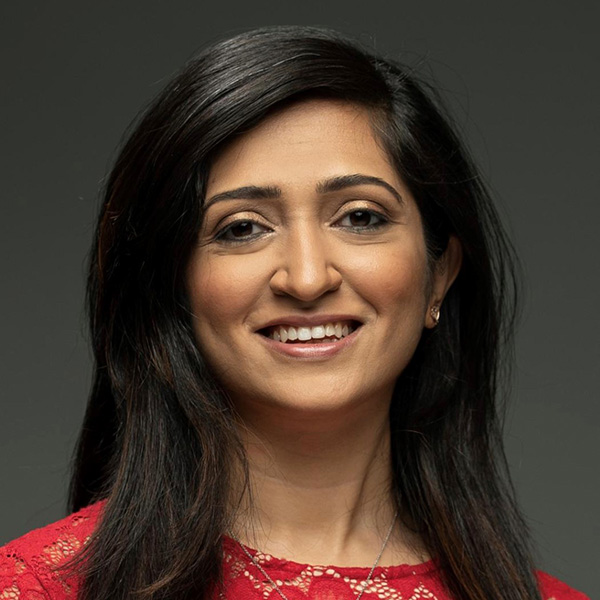#ChooseCardiology: Purvi Parwani, MD, FACC
"To wrest from nature the secrets which have perplexed philosophers in all ages, to track to their sources the cause of disease these are our ambition." – Sir William Osler
This quote reminds me of why I wanted to be physician growing up in a very small town in India. My first exposure to cardiology happened when my uncle died at 30-years-old due to a massive myocardial infarction. Growing up in rural India void of any cardiologist and with the nearest cardiac catheterization laboratory three hours away, I often witnessed patients with acute coronary syndromes end up dying prematurely. During medical school, I was found to have inverted p-waves (ectopic atrial rhythm) on an EKG done on me in my first year of medical school. The electrophysiology of the heart producing this abnormality amazed me. These early sparks of interest later evolved into an intense determination to be a student of cardiology for the rest of my life.
This determination of mine was complemented by the personality traits and the skill set that I have. Firstly, I am a hardworking, intellectually curious and compassionate person who can lead from the front when required. I am an ardent believer in the philosophy of the Bhagavad Gita: "Do not think about the fruits of you labor; consider work as worship."
Secondly, the pace of activity and the critical nature of the decisions you regularly make in this specialty perfectly complemented my personality. In the CCU, I cared for some of the sickest patients on the service. Understanding otherwise innocuous EKG deflections, palpitations turning out to be WPW syndrome or placing a patient with cardiac arrest on the hypothermia protocol, there is never a dull moment. This kind of work environment is something that inherently suited me as a person.
The strong analytical bent of my mind is an additional reason why I found myself suitable to serve this field, which is known for its objectivity, with numerous tools at the cardiologist's disposal to diagnose and intervene against heart diseases. During my training in cardiology, I realized the role of noninvasive cardiovascular imaging to facilitate better patient care. I found it absolutely fascinating and intellectually stimulating how a noninvasive testing such as an echocardiography can help diagnose a multitude of cardiovascular pathologies and give an insight into patient's hemodynamics or how noninvasive test like cardiac magnetic resonance (CMR) can help assimilate pieces of a diagnostic puzzle.
To strengthen my capabilities as a general cardiologist, I decided to pursue advanced cardiovascular imaging at the University of California, San Francisco. I received Level III training into echocardiography, including structural imaging, advanced training into nuclear cardiology such as PET imaging, cutting edge learning into CMR and cardiac CT. The transition from Fellow in Training to early career cardiologist has been absolutely fulfilling. Since starting a new job, I have been successful in establishing effective cardiology-radiology collaboration, which has expanded the cardiac imaging program multifold. The overall experience of integrating the imaging knowledge is professionally gratifying as it helps individualize and guide patient care. I enjoy complex problem solving and decision making, which is essential for the multimodality imaging clinical cardiologist.
The strong foundation I have gained throughout my medical training and research experience has assisted me in my past and present endeavors and will continue to do so in future within the field of cardiovascular imaging. I have learned that attitude not aptitude determines altitude. I hope to remain true to this saying and always maintain a positive attitude and a drive to expand my knowledge which will lead my way forward.
